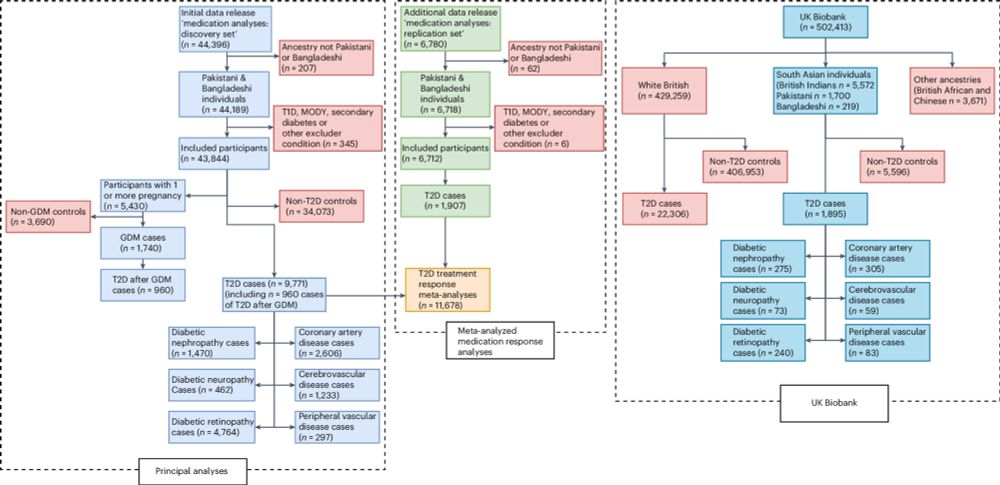Honorary Consultant Diabetologist @NHSBartsHealth
Co-lead @eastlondongenes
#medsky #academicsky
Listen: www.bbc.co.uk/sounds/play/...

Listen: www.bbc.co.uk/sounds/play/...
authors.elsevier.com/a/1kAgM3jDgW...
@qmulfmd.bsky.social @sarahfiner.bsky.social #SouthAsianHealth #PrecisionMedicine

authors.elsevier.com/a/1kAgM3jDgW...
@qmulfmd.bsky.social @sarahfiner.bsky.social #SouthAsianHealth #PrecisionMedicine
Hodgson et al. Nat Med
www.nature.com/articles/s41...



@qmul.bsky.social
@qmul.bsky.social

